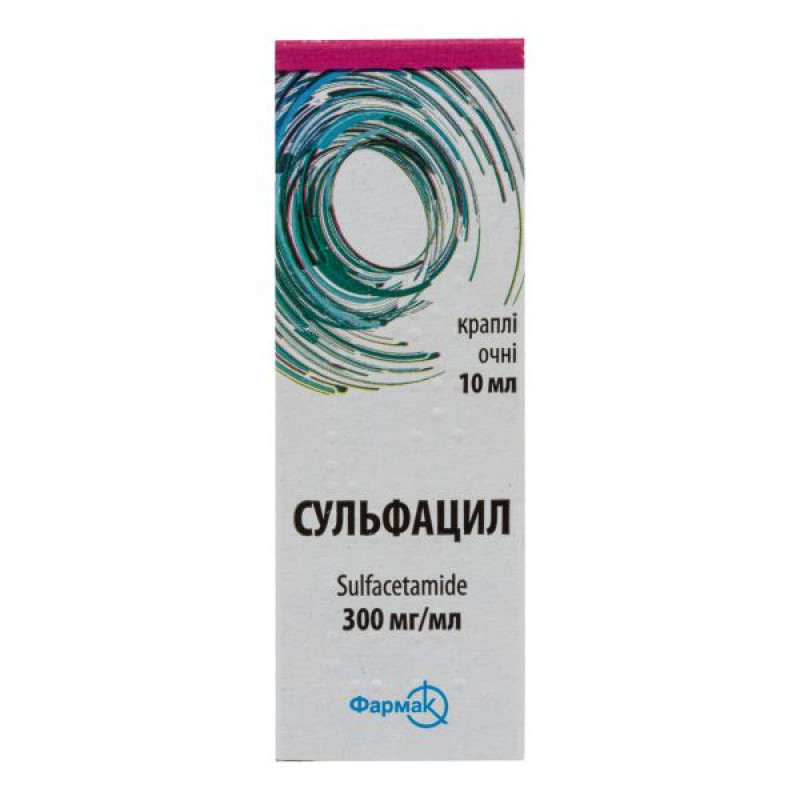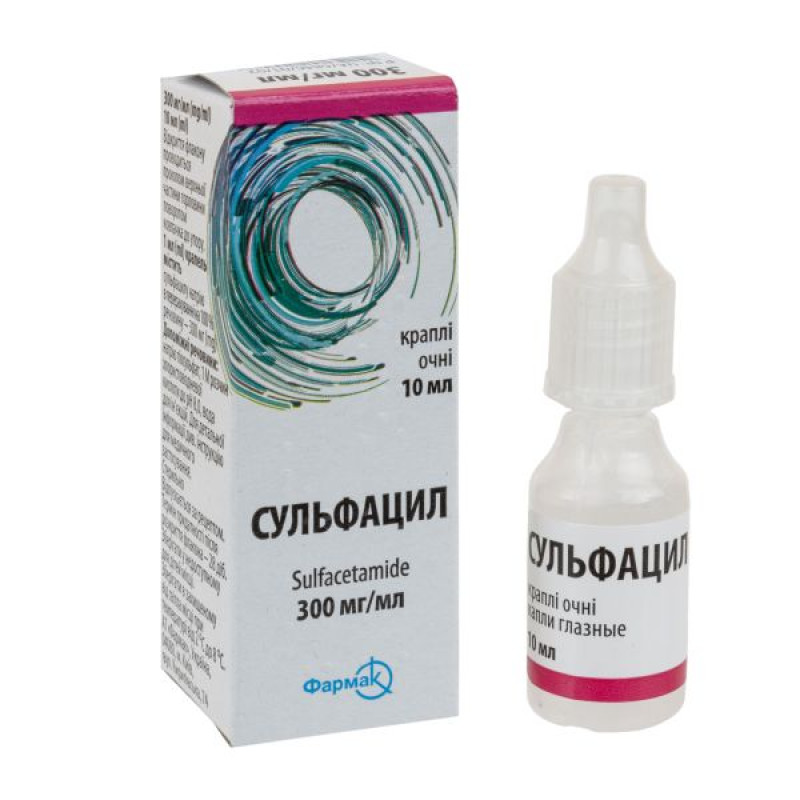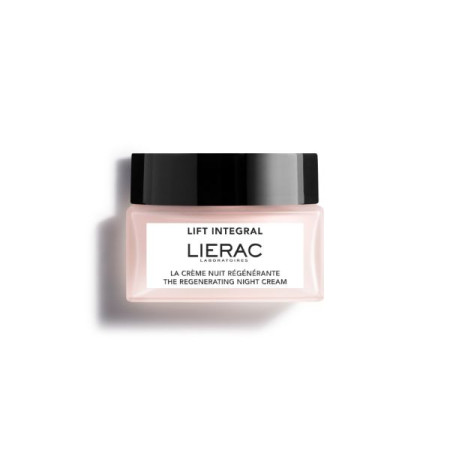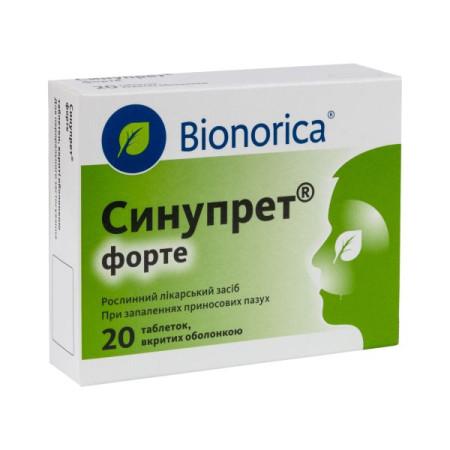Sulfacyl sodium eye drops 300 mg/ml bottle 10 ml
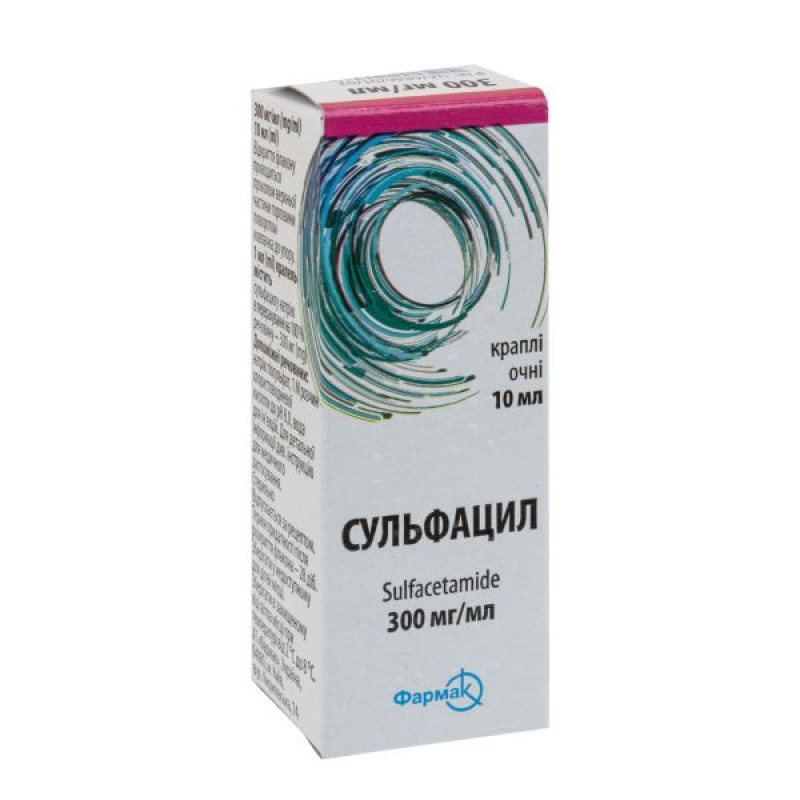
Instructions for use Sulfacyl sodium eye drops 300 mg/ml bottle 10 ml
Composition
active ingredient: sulfacetamide;
1 ml of drops contains sulfacyl sodium 200 mg or 300 mg in terms of 100% substance;
Excipients: sodium thiosulfate; 1 M hydrochloric acid solution to pH 8.0; water for injections.
Dosage form
Eye drops.
Main physicochemical properties: clear, colorless or slightly yellowish liquid.
Pharmacotherapeutic group
Agents used in ophthalmology. Sulfonamides. ATX code S01A B04.
Pharmacological properties
Pharmacodynamics.
Sulfacil exhibits a bacteriostatic effect against gram-positive and gram-negative bacteria - streptococci, pneumococci, gonococci, Escherichia coli, chlamydia, actinomycetes. The mechanism of action of the drug is due to competitive antagonism with para-aminobenzoic acid (PABA) and competitive inhibition of dihydropteroate synthetase, which leads to disruption of the synthesis of tetrahydrofolic acid, necessary for the synthesis of purine and pyrimidine bases. As a result, the synthesis of nucleic acids (DNA and RNA) of bacterial cells is disrupted and their reproduction is inhibited.
Pharmacokinetics.
When instilled into the conjunctiva, sulfacyl penetrates the eye tissue. It acts mainly locally, but part of the drug is absorbed through the inflamed conjunctiva and enters the systemic bloodstream.
Indication
Infectious and inflammatory eye diseases caused by bacteria sensitive to the drug: conjunctivitis, blepharitis, purulent corneal ulcers.
Contraindication
History of hypersensitivity to the components of the drug and sulfonamides.
Interaction with other medicinal products and other types of interactions
When used together with novocaine, dicaine, anestezin, the bacteriostatic effect decreases; diphenin, PASK, salicylates increase the toxicity of Sulfacyl; when used with indirect anticoagulants, the specific activity of the latter increases. Sulfacyl is incompatible with silver salts when applied topically.
Application features
For topical use only!
Rare cases of death have been reported as a result of serious reactions to sulfonamides, including Stevens-Johnson syndrome, toxic epidermal necrolysis, fulminant hepatic necrosis, agranulocytosis, aplastic anemia, and other blood disorders.
Sensitization may occur when sulfonamides are administered repeatedly, regardless of the route of administration. Hypersensitivity reactions have been reported in individuals with no prior history of hypersensitivity to sulfonamides. At the first sign of hypersensitivity, skin rash, or other serious reactions, this drug should be discontinued.
Prolonged use of topical antibacterial agents may lead to overgrowth of pathogenic microorganisms, including fungi, and to the development of bacterial resistance to sulfonamides. The effectiveness of sulfonamides is reduced in the presence of high concentrations of para-aminobenzoic acid in purulent exudate.
Sensitization may occur with repeated administration of sulfonamides or as a result of cross-sensitivity between different sulfonamides.
At the first signs of hypersensitivity, increased purulent discharge, or increased inflammation or pain, the patient should discontinue use of the drug and consult a doctor.
Use during pregnancy or breastfeeding
Animal studies have not been conducted on the ophthalmic use of sulfonamides. Kernicterus may occur in newborns as a result of oral sulfonamides administered to pregnant women. There are no adequate and well-controlled studies of ophthalmic sulfonamides in pregnant women, and it is not known whether sulfonamides can cause fetal harm when administered to pregnant women. This drug should be used during pregnancy only if the potential benefit justifies the potential risk to the fetus.
Breastfeeding period
Systemic administration of sulfonamides may cause kernicterus in infants born to mothers taking sulfonamides during lactation. Because of the potential for kernicterus in newborns, the decision to administer sulfonamide eye drops to breastfeeding women should be based on the risk/benefit ratio.
Ability to influence reaction speed when driving vehicles or other mechanisms
Not studied.
Method of administration and doses
Adults should apply 2-3 drops of Sulfacil 300 mg/ml solution into the affected eye 5-6 times a day (every 4-5 hours).
For children aged 2 months and older, apply 1-2 drops of Sulfacil 200 mg/ml solution into the affected eye 4-5 times a day.
The course of treatment is determined by the doctor depending on the nature and severity of the disease. The average course is 7-10 days.
Children
The safety and efficacy of Sulfacil, eye drops 300 mg/ml, in children have not been established (see “Method of administration and dosage”).
Overdose
With frequent use of the drug, redness, itching, swelling of the eyelids, and significant irritation of the mucous membrane of the eye may occur. In this case, treatment is continued with a lower concentration of Sulfacil solution, if necessary, the drug is canceled and symptomatic treatment is prescribed.
Adverse reactions
Bacterial and fungal corneal ulcers have been reported during treatment with sulfonamide ophthalmic drugs.
The most frequently reported reactions were local irritation, tingling and burning. Less frequently reported reactions included non-specific conjunctivitis, conjunctival hyperemia, secondary infection and allergic reactions.
Rare cases of fatality due to severe reactions to sulfonamides, including Stevens-Johnson syndrome, toxic epidermal necrolysis, fulminant hepatonecrosis, agranulocytosis, aplastic anemia, and other blood disorders, have been reported.
Expiration date
2 years.
The shelf life after opening the bottle is 28 days.
Do not use the drug after the expiration date indicated on the package.
Storage conditions
Store in a place protected from light at a temperature of 2°C to 8°C.
Keep out of reach of children.
Packaging
5 or 10 ml in a bottle. 1 bottle in a pack.
Vacation category
According to the recipe.
Producer
JSC "Farmak".
Location of the manufacturer and its business address
Ukraine, 04080, Kyiv, Kyrylivska St., 74.
There are no reviews for this product.
There are no reviews for this product, be the first to leave your review.
No questions about this product, be the first and ask your question.







